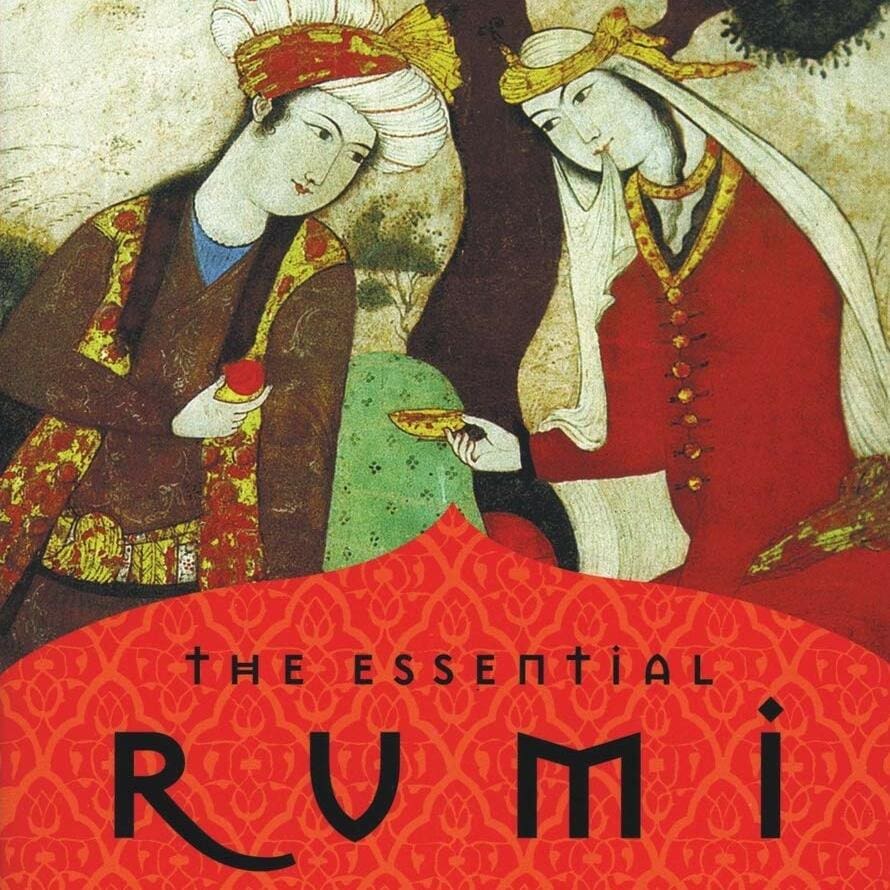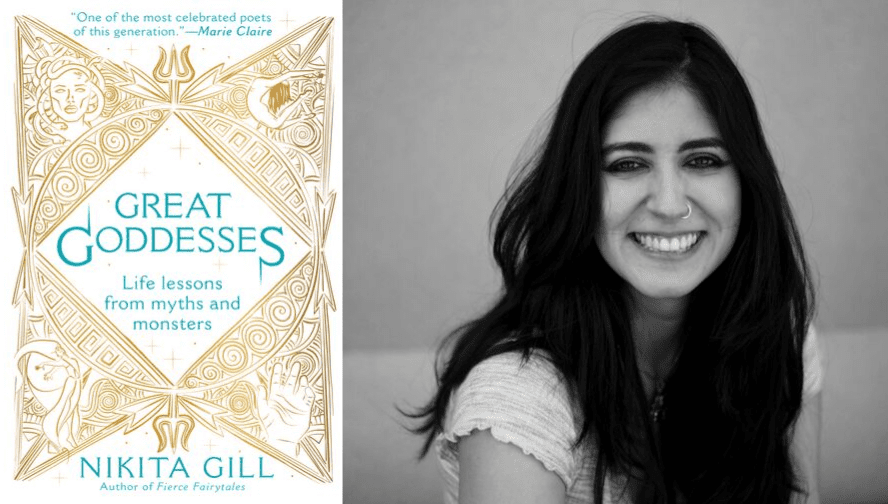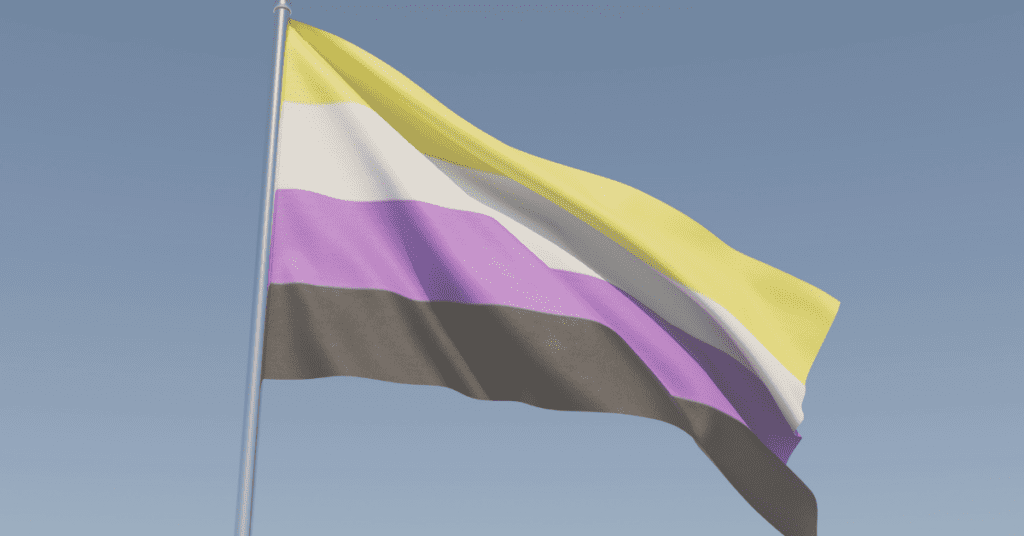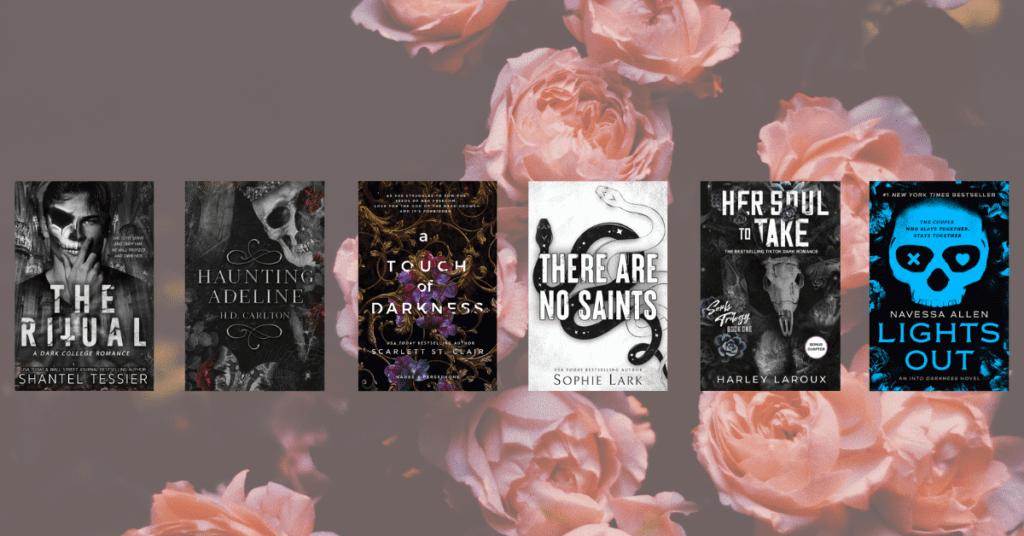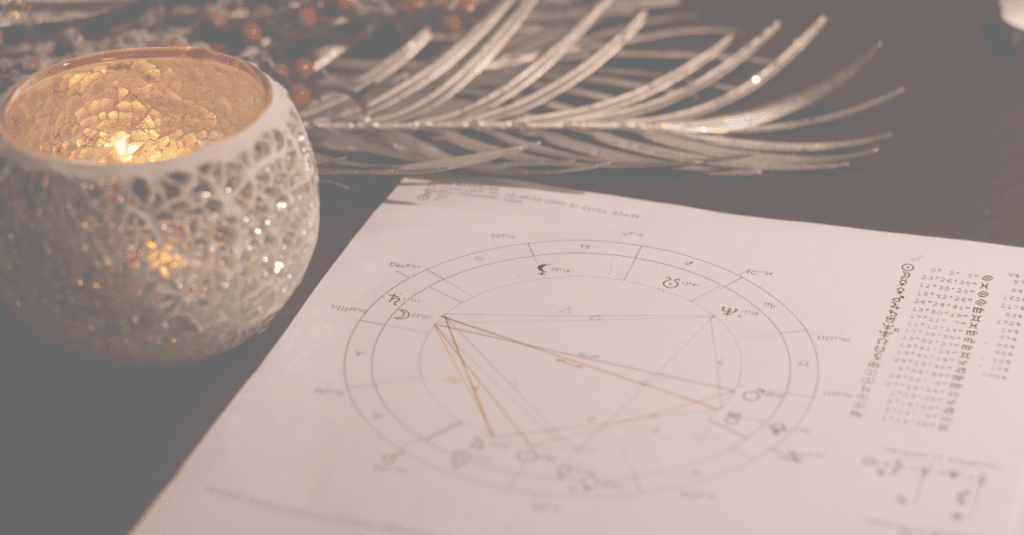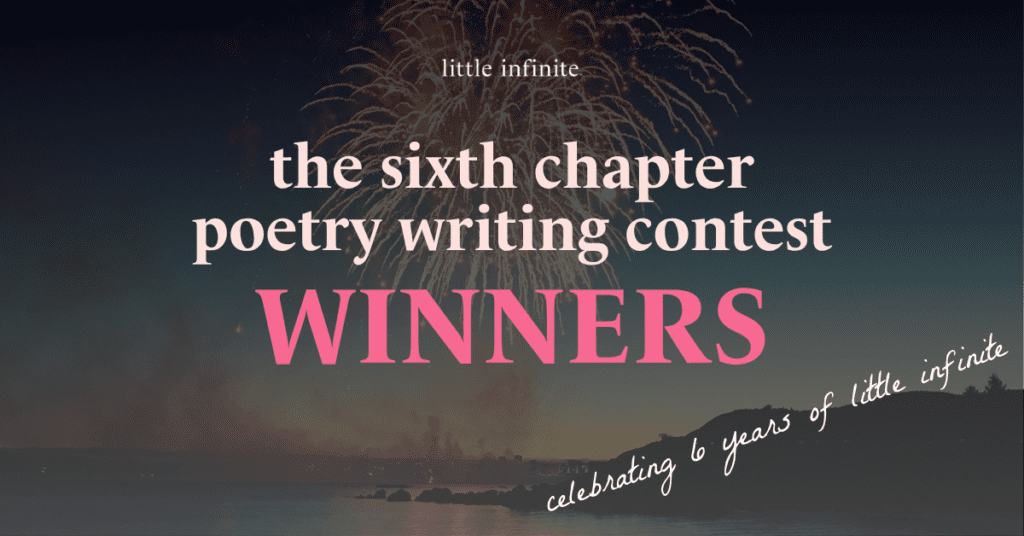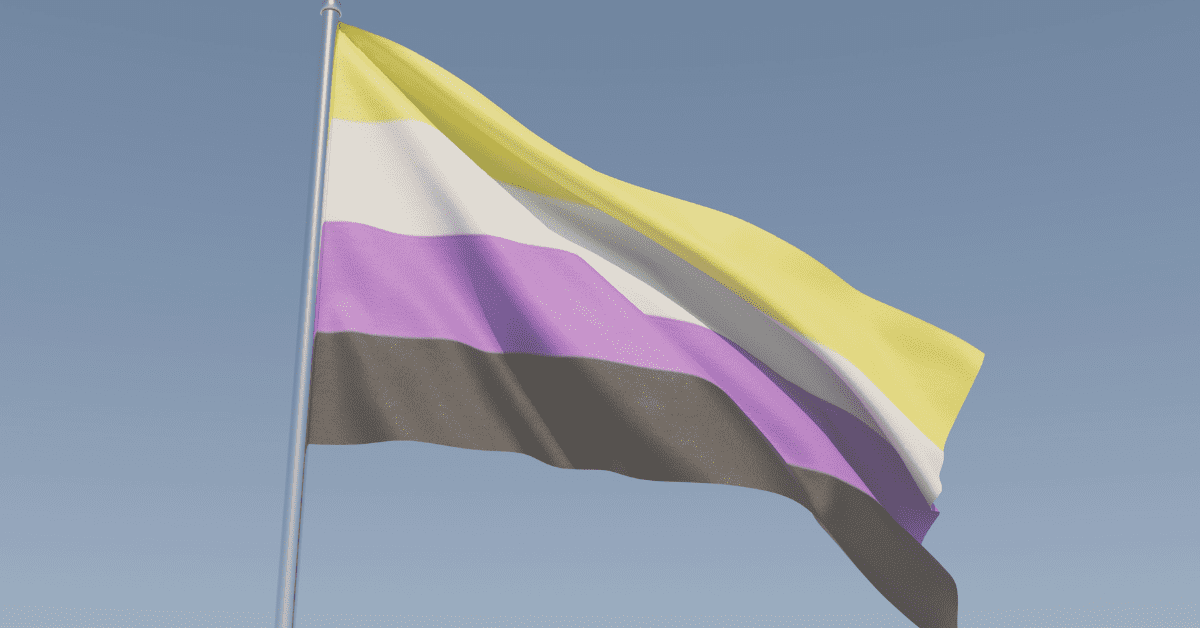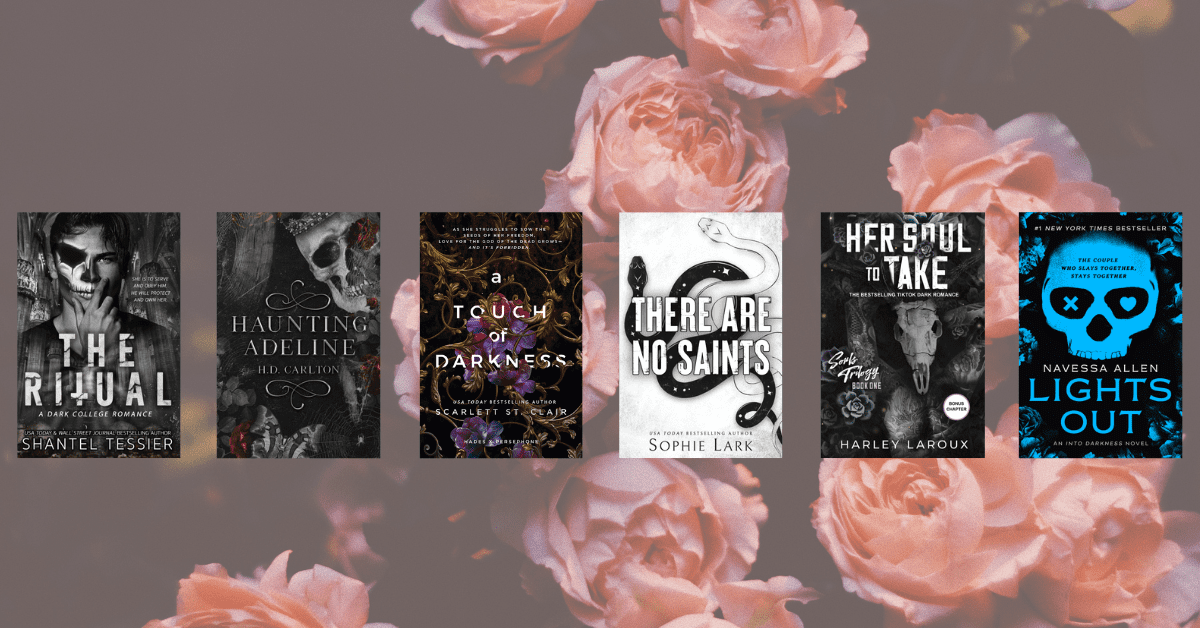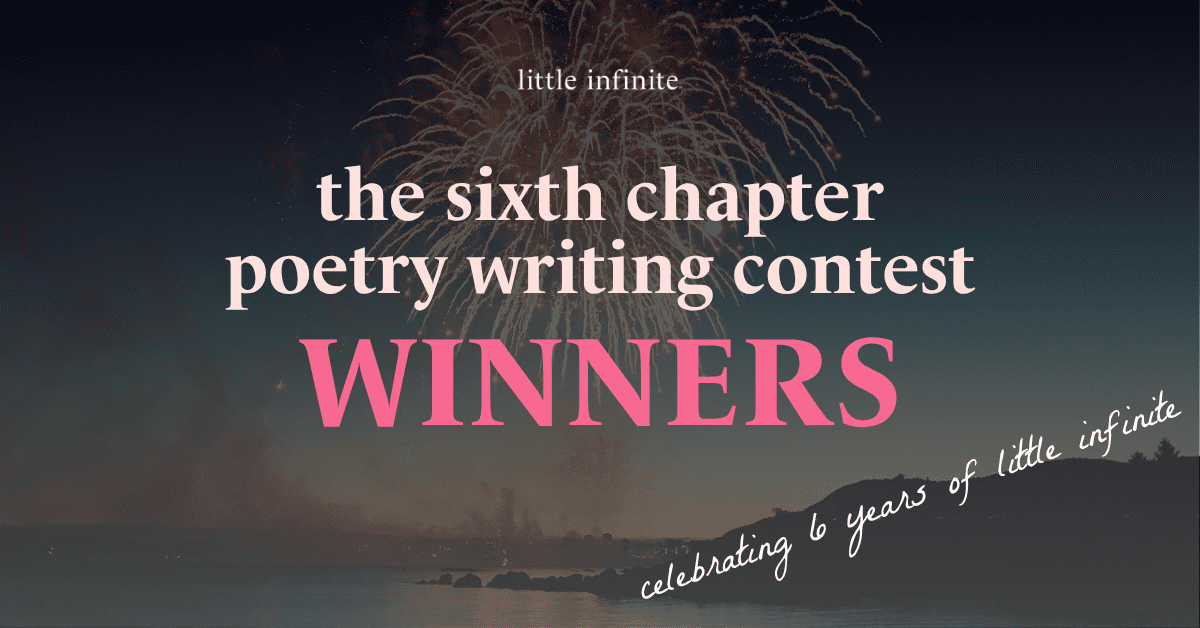Nikita Gill, the author of wildly-popular Fierce Fairytales: Poems & Stories to Stir Your Soul and Wild Embers: Poems of Rebellion, Fire, and Beauty, is back with a new collection — Great Goddesses — which asks its reader to settle in, slow down, and conjure the voices and archetypes of days past.
Content & Theme
Great Goddesses is a collection of detailed poems and prose invoke, retell, and, in a sense, translate the stories and words of the great ancient goddesses. Here, you’ll see mothers and warriors — from odes to Nyx, the goddess of the night, and conversations between Athena and Medusa.
The book aims to tell their stories, to use poetry and poetic prose to illuminate these great figures and histories, to embrace the power of the feminine in mythology and across cultures. Because even though many of us know who, say, Persephone is, these Goddesses are still not as revered as their male counterparts, and many of their stories have died or been lost to time.
Gill, whose passion for mythos is clear from the get-go, invokes those names and stories in a way that feels reverent and sacred. The table of contents is dripping with names and stories, and the book is divided into six sections, including one section “to the poets.” Illustrations– pen and ink, staying with Gill’s standard– illuminate the wonder and abstract ethereal nature of poetry and prose. This book aims to enchant but make no mistake: the stories and the women it highlights are not to be underestimated.
Voice & Tone
From the stunning opening lines, the reader realizes that this book isn’t simply a book of affirmations and tender lines. This book requires a reader to read every single line, to dive in, to take a history lesson. She opens with,
“I lost a God once. It’s easier done than people think.
Forget a prayer once in a while or simply grow grief in
your kitchen window along with the basil and rosemary.
Somewhere inside my heart, I misplaced my faith, mis-
understood my own origin story, became a person half
tragedy, more misery, and I started to relish it.”
The majority of the poetry itself is narrative, with most of the poems telling stories from the perspective of a goddess or from Gill’s perspective herself about the goddesses. Some address the goddesses directly, using a call and answer dyad to pose questions and echo back replies.
The language isn’t necessarily labyrinthine, but it is florid, adorned in metaphor and image. And it’s steeped in mythology. For this reason, the reader may find it necessary to read Gill’s book alongside a book of mythology (although Gill does provide a very, very useful glossary of each and every goddess mentioned in the back of the book).
While you drink in Gill’s passionate language, you can also learn more about the Great Goddesses whose names and voices rang through the skies.
Lines like, “We turn our spines with the height and thickness of oak trees as they were intended to be, leave our hair wild,/let ourselves get lost like rivers in forests” and “Sometimes I watch Girl become Goddess and the meta-morphosis is more magnificent than anything I have ever known” show Gill’s adept passion for language and her dedication to the wild feminine goddess within each of us.
Overall
This is a book of passion. It’s weighty. It walks us through all manner of story — from heartbreak to power to rebirth. It is the perfect book for a poet who loves storytelling, mythology, magic, culture, and the stunning stories of what it means to be a woman.
Shop This Article:

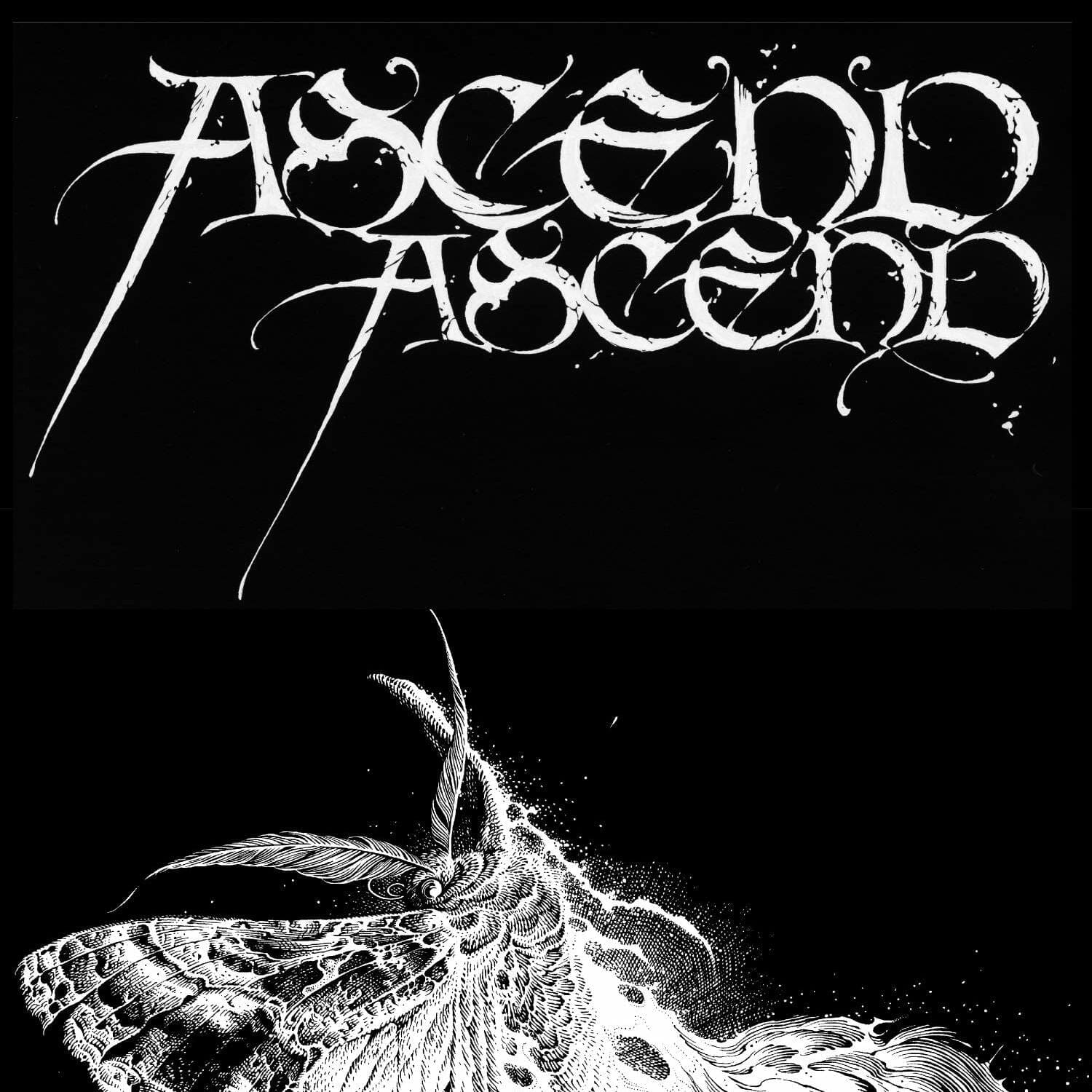
$16.51
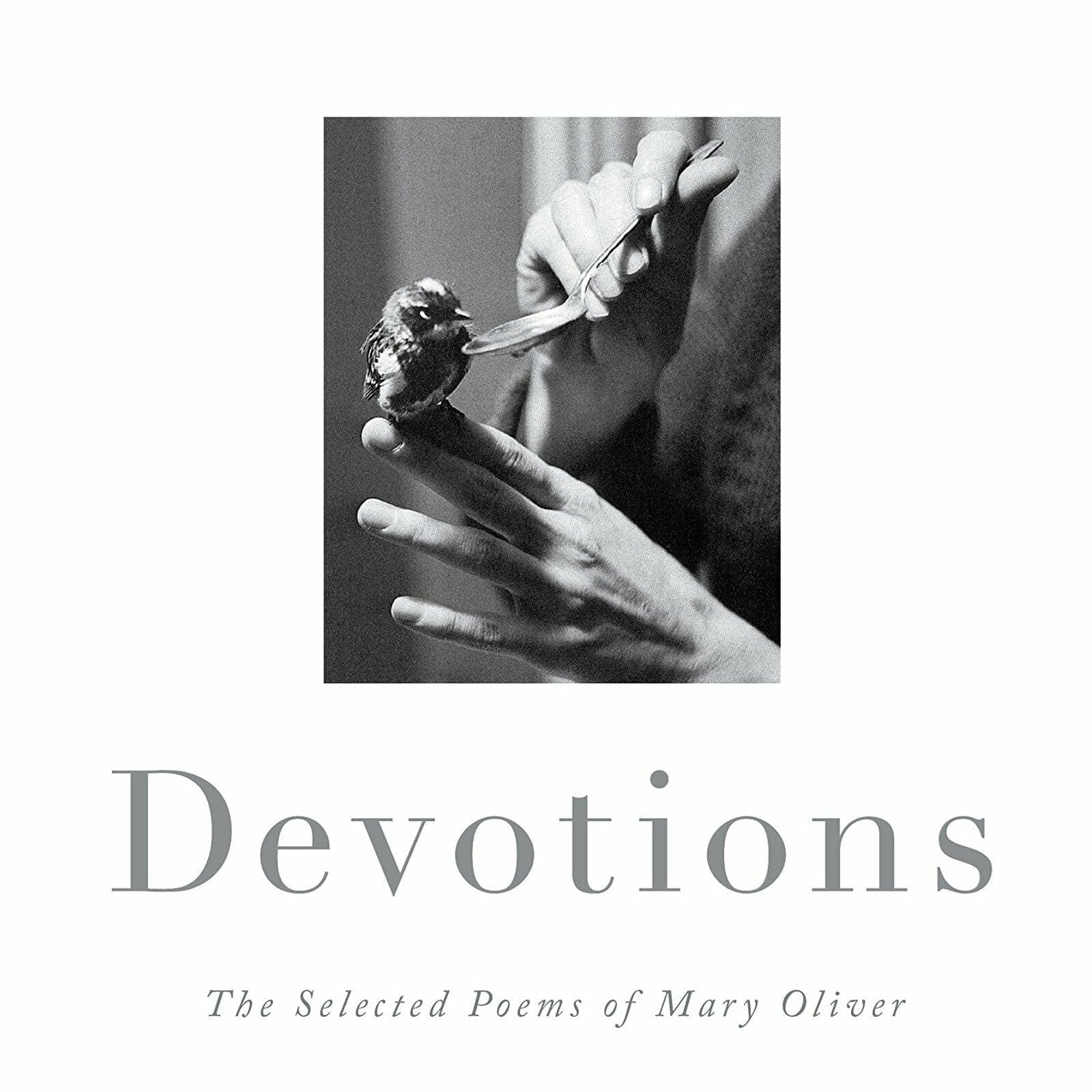
$27.00
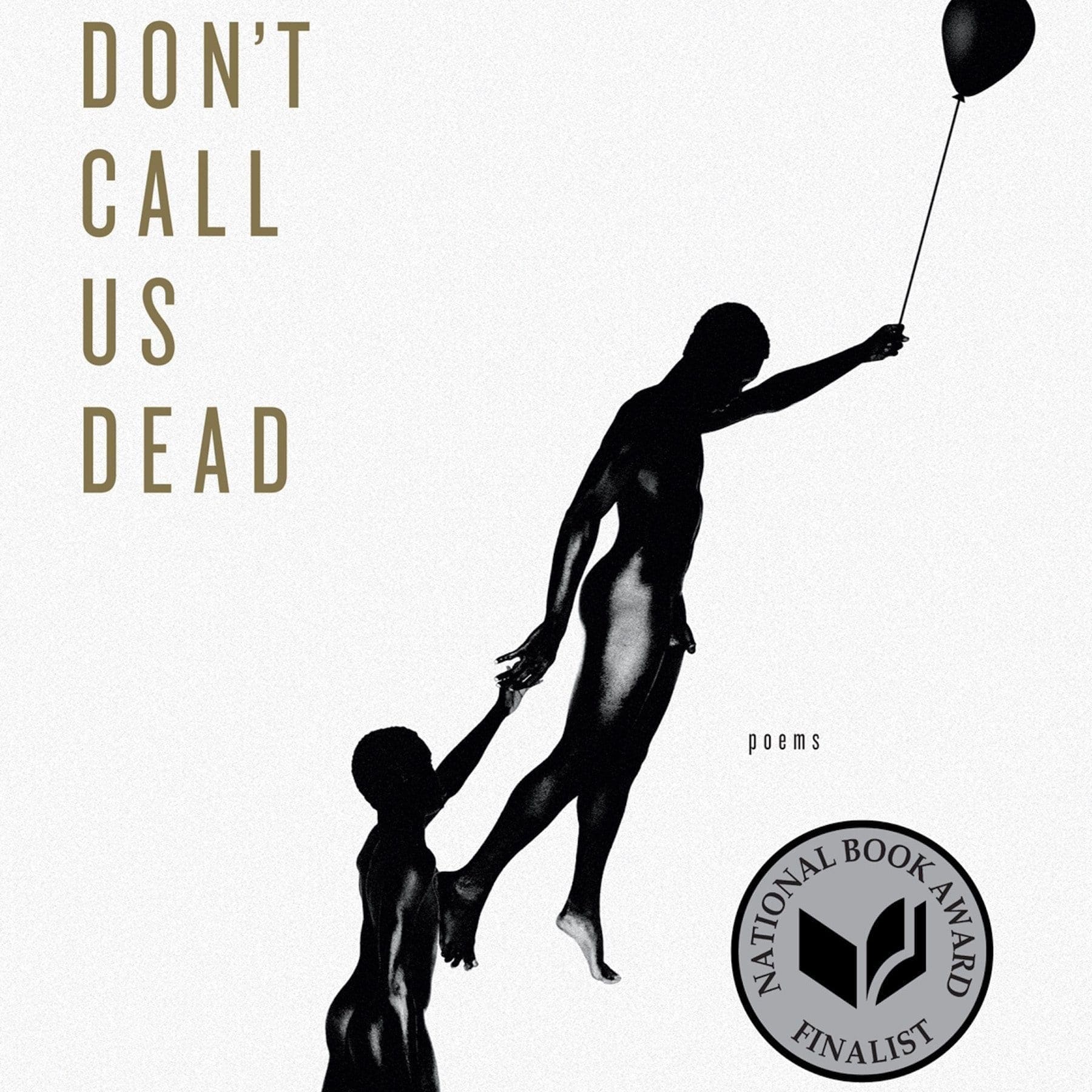
$14.72
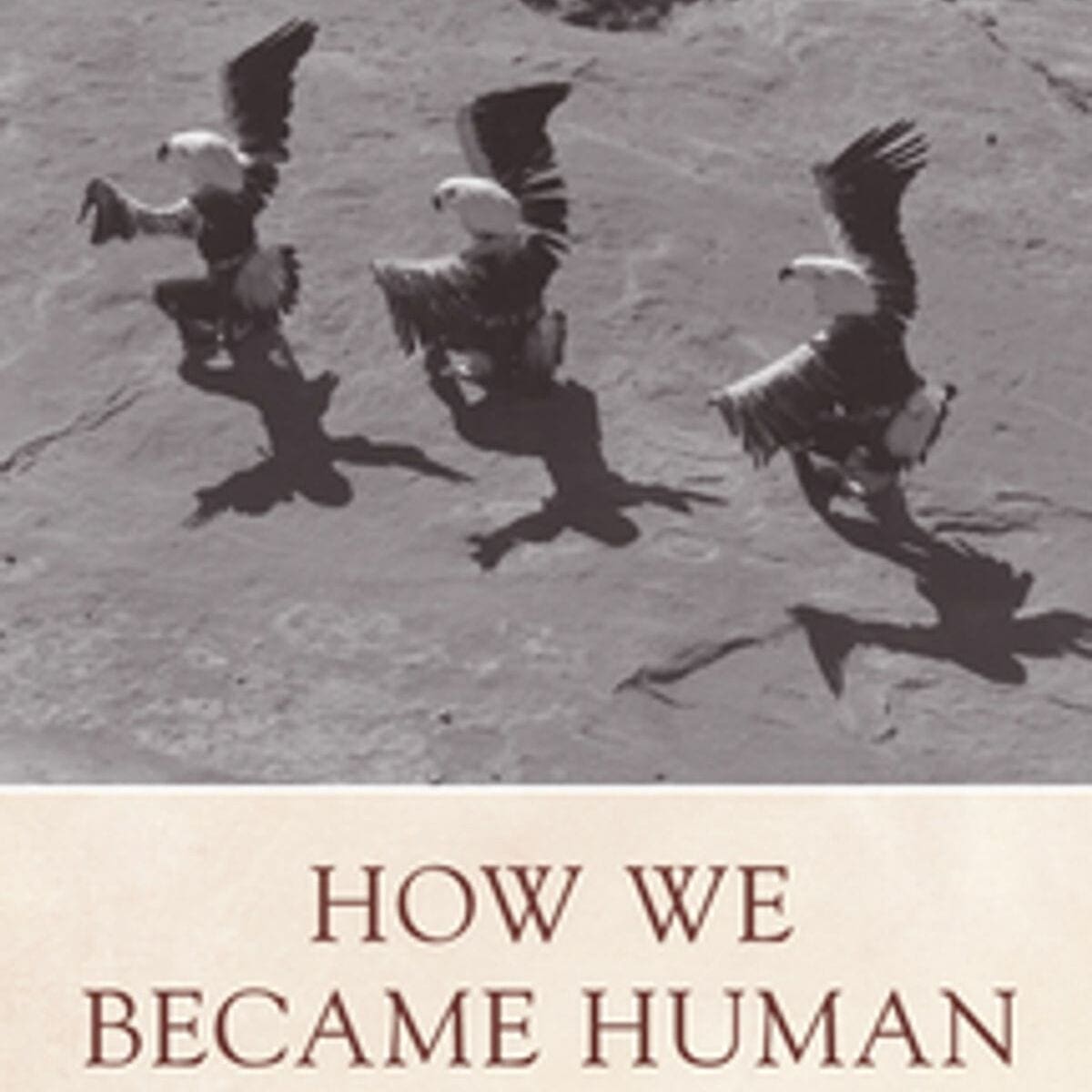
$16.51
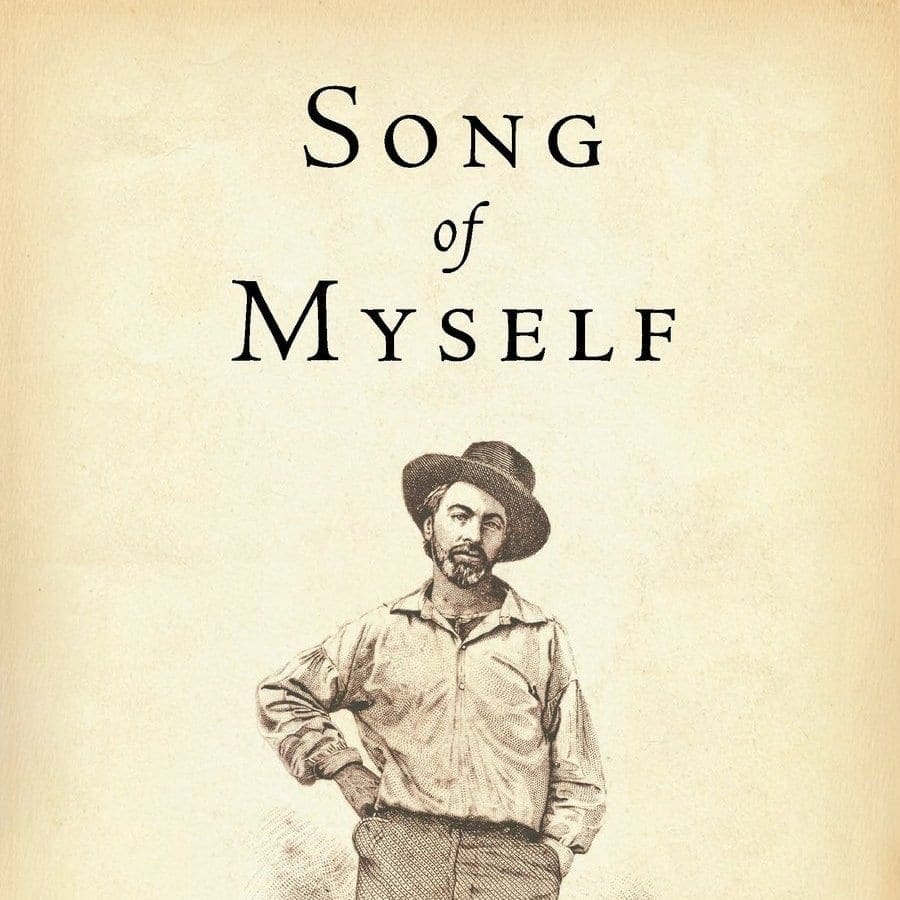
$15.59
